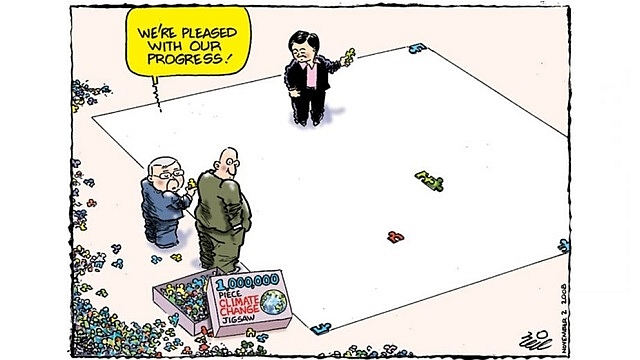
The dissemination of information in a post-truth world
Originally posted on The Horizons Tracker.
The last year or so has been a funny time in politics, with various sources arguing that we’re living in a ‘post-truth’ world whereby politicians are issuing blatantly false statements with apparent impunity, as not only do the statements often go unchallenged, but they are also swallowed carte blanche by the politicians followers.
A recent study helps shed a bit of insight into just why that is. It highlights how even the most spurious of arguments can still permeate the public consciousness if they are delivered by a credible enough source.
The sleeper effect
It’s a phenomenon the researchers term the ‘sleeper effect’, whereby a message grows in influence overtime, especially if it was initially delivered by a credible source.
“We started to look at the delayed impact of communications, and the sleeper effect is a classic topic for persuasion research,” the researchers say. “The sleeper effect shows that a strong message from a noncredible source has a delayed effect, so it’s more persuasive after time has gone by. We researched this effect for a long time, and we came to the realization that it was happening when people focused on the message’s arguments – but the source was an afterthought. So we turned things around and asked, ‘What if people focus on the credibility of the source?’”
They tested their hypothesis by asking participants to assess the campaign literature of a fake political party. This consisted of two adverts, one of which described the policies of the party in either weak or strong terms, whilst the other focused on the attributes of the candidates, with the attributes showing either high or low credibility levels.
So, in other words, the ads created two distinct conditions, the first of which saw a strong argument presented by a non credible source, whilst the second showed a poor argument given by a credible source.
Credibility matters
When the results were analyzed, it emerged that a credible source could present a weak argument and benefit from the sleeper effect because the power of their credibility would endure over time.
“It turns out that, over time, a credible, strong communicator presenting a weak message or making a weak claim about an issue is able to convince people, even though the issue or the argument is weak,” the authors say. “What happens is that there’s a transfer of the positive or negative attributes of the source to the recipient’s attitude about the position and the message. The only caveat is that it doesn’t happen immediately; it takes time. It also happens when recipients are centered on the communicator more than the issues.”
If a person with little credibility delivered a credible message however, this had little impact to begin with, but it did appear to seep in eventually. In other words, the person with little credibility can convince you over time, often without you realizing it. The authors suggest this is because after a while you forget how weak the person was.
This was found to be particularly potent when it came to attempts to persuade. Lets say you’re trying to persuade a customer to buy your product. For instance, you might be a phone company with a very strong brand that has just released a rather weak product (ahem).
Initially consumers might be put off by the poor product, but over time the strength of the brand will win out and they will regard the product much more positively.
It suggests that persuaders, of whatever stripe, should be looking over a much longer time frame when assessing the impact of their efforts. It might also shed a bit of light onto the seemingly bizarre post-truth world we live in.
Article source: The dissemination of information in a post-truth world.
Header image source: Donald Trump at CPAC 2011 in Washington, D.C. Photo by Gage Skidmore is licensed by CC BY-SA 2.0.






